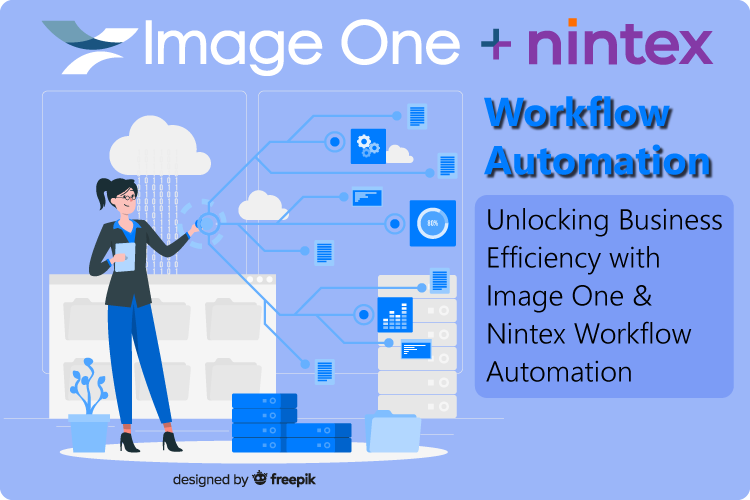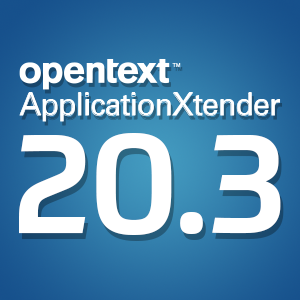Digitization empowers new research
Thursday, February 14, 2013By utilizing document imaging technologies to convert records to an electronic format, historical information can be made more widely accessible for research purposes. Online databases allow for anytime, anywhere access to digital documents, which are more securely preserved and quality-enhanced.
According to TribLIVE, more than 55,000 naturalization records dating back to 1906 were recently digitized and uploaded to the Westmoreland County’s website. Prothonotary Christine O’Brien explained that one of the main reasons for the conversion was to preserve the records, which had become fragile with age and vulnerable to damage. As a result of the three-year digitization project finally being completed, researchers looking to explore the genealogy of up to 14,000 immigrants can do so from home. Anita Zanke, library coordinator at the Westmoreland County Historical Society, is optimistic about new opportunities that will arise as a result of making these records available online.
“People are trying to connect to their past, and these records will help them find clues,” she said. “Basically, people are looking for relatives, and now a lot of people won’t have to travel to do that so it makes it much easier for them.”
Related digitization initiatives have provided advantages for researchers and citizens alike. The Joplin Globe reported that The National Digital Newspaper Program, sponsored by the National Endowment for the Humanities and the Library of Congress, will aid in ancestry search by making digital copies of historic newspapers available online. Libraries, museums and historical societies will be able to apply for grants to digitize up to 100,000 newspaper pages each year. The program’s goal is to digitize all newspapers published between 1836 and 1922, and since the project began in 2009, millions of pages have been electronically converted. Users can select the state and time frame during which ancestors lived on the program’s website and view scanned images of newspaper pages that match search terms.
Research revolutionized
Huffington Post contributor Jeannie Mullen asserted that more organizations will begin to deploy digitization for enhanced research. Libraries are transforming due to conversion services and other technological advancements that empower new opportunities for education. Citizens can now log in to libraries from home to view historical content that previously had limited availability. Educational databases, eBooks and other digital sources of information are giving communities the power to search for information that used to be inaccessible due to distance and other obstacles.
As a result of making historical information digitally available to a wider audience, organizations can provide endless learning opportunities while ensuring the preservation of valuable records.
Brought to you by Image One Corporation providing complete information governance since 1994.




